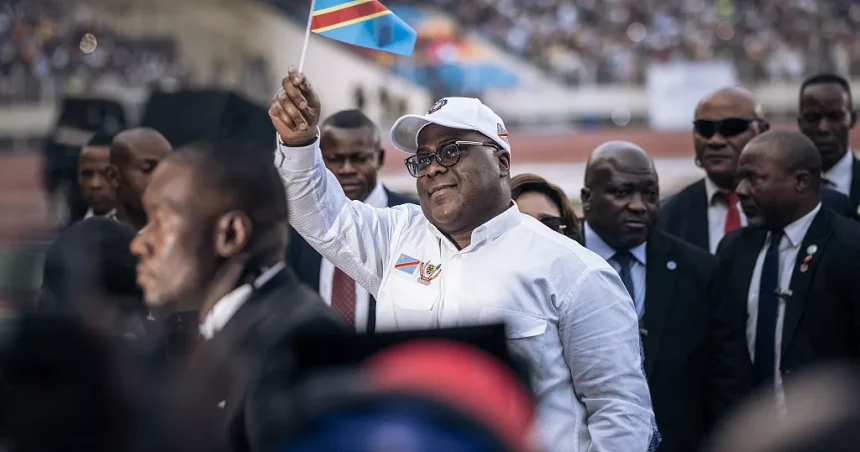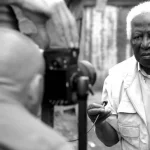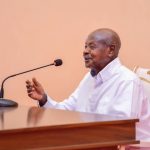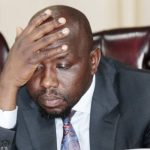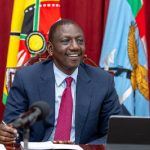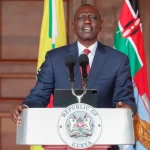President Felix Tshisekedi secures an emphatic victory, winning a second term in the Democratic Republic of Congo’s (DRC) election, with the country’s election commission announcing he garnered over 70 percent of the votes.
This resounding win, however, has been labeled a ‘farce’ by the opposition. Preliminary results, disclosed in Kinshasa on Sunday, come amidst demands from the opposition and civil society groups for a vote rerun due to substantial logistical challenges that cast doubt on the legitimacy of the outcome.

Businessman Moise Katumbi claimed the second position with 18 percent of the votes, while former oil company executive Martin Fayulu received 5 percent. Nobel Peace Prize winner Denis Mukwege, renowned for his medical efforts in treating women subjected to sexual violence in eastern DR Congo, secured less than 1 percent.



With a voter turnout exceeding 40 percent and over 18 million people participating, the results are now subject to confirmation by the constitutional court, according to election chief Denis Kadima.
Opposition candidates contesting the results have a two-day window to submit their claims, with the constitutional court granted seven days to make a decision. The final results are anticipated on January 10, followed by the president’s swearing-in at the end of the month.

Opposition Called Election A ‘farce’
The DR Congo has a history of disputed elections that can turn violent, and many of its citizens harbour little trust in the country’s institutions.
Before the results were announced Sunday, opposition candidates, including Katumbi, said they rejected the results and called on the population to mobilise.

The logistical problems included many polling stations either opening late or not opening at all. Materials were sometimes lacking, and many voter cards were rendered illegible due to smudged ink.
Voting in the election had to be extended into a second day, something local observers and civil society organisations have deemed illegal, and parts of the country were still casting ballots five days after election day.
“If a foreign country considers these elections to be elections, there’s a problem,” Fayulu said at a news conference in the capital on Sunday before the results were announced.
“It’s a farce, don’t accept [the results].”
Earlier this week, confrontations broke out between supporters of Fayulu and police officers.
Tear gas was deployed as protesters, who were throwing rocks and barricading themselves inside the opposition headquarters, clashed with law enforcement.
Reactions From Some Political Heads In East Africa

